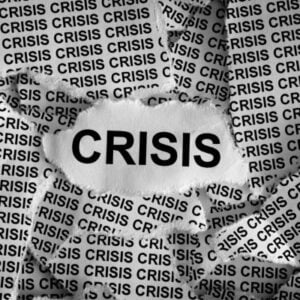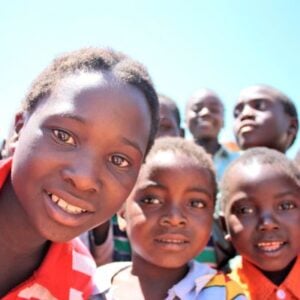Unitaid has announced a foundational investment of nearly US$50 million in two flagship programs designed to strengthen Africa’s capacity to manufacture its own medical diagnostics and treatments. This initiative is part of Unitaid’s broader commitment to building regional manufacturing infrastructure and improving access to quality-assured health products for priority global health challenges, including HIV, malaria, and maternal health. The investment aims to lay the foundation for sustainable industry growth and future development across the continent.
Africa, home to nearly 1.5 billion people, carries one-quarter of the global disease burden but remains heavily reliant on imported health products. More than 95 percent of the continent’s active pharmaceutical ingredients and 70 percent of its medicines come from abroad, leaving countries vulnerable to supply chain disruptions, delays, and high costs. Unitaid’s new programs target this dependency by developing regional capacity for both diagnostics and medicines, from raw materials to finished products, fostering resilience, pandemic preparedness, and climate-friendly production.
The first program, Manufacturing to Accelerate Diagnostic Excellence (MADE), led by PATH in collaboration with a consortium of partners, will receive US$11 million. MADE focuses on helping African companies develop high-quality diagnostic tests and scale production to access regional and global markets. The program also seeks to improve access to raw materials, enabling manufacturers to produce essential inputs locally and reduce supply chain costs.
The second program, Medicines Supply Resilience (MedSuRe) Africa, led by USP and its consortium partners, will receive US$35.5 million. MedSuRe aims to boost the availability of essential medicines, including treatments for HIV, malaria, and postpartum hemorrhage. The program supports African manufacturers in producing active pharmaceutical ingredients and finished pharmaceutical products, as well as calibrated drapes for monitoring blood loss during childbirth. It will also strengthen regional Clinical Research Organizations to ensure products meet quality and regulatory standards. As part of the initiative, the Medicines Patent Pool will receive US$1.5 million to support complementary work.
Both programs are built on strong partnerships with governments, regional bodies, and leading health institutions across West, East, and Southern Africa. This includes collaboration with the Africa CDC, African Medicines Agency, AUDA-NEPAD, regional economic communities, WHO, EU, Gates Foundation, development finance institutions, and civil society. These partnerships ensure solutions are community-driven, aligned with policy and regulatory frameworks, and reinforced by complementary investments.
These investments mark a significant step toward strengthening Africa’s self-sufficiency in healthcare, reducing reliance on imported products, and enhancing access to essential diagnostics and treatments. By leveraging African expertise and leadership, Unitaid’s flagship programs aim to make healthcare tools faster, fairer, and closer to the populations that need them most.







